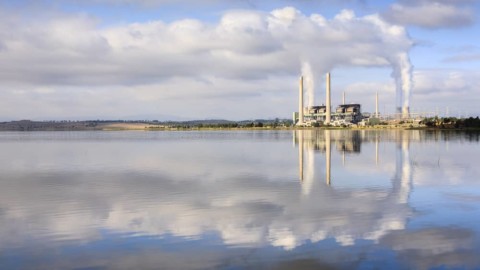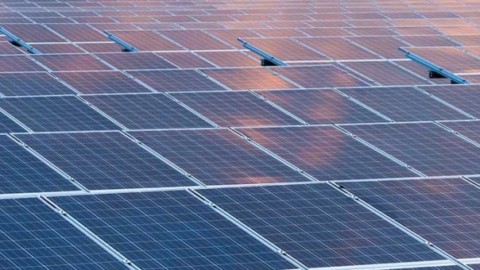United Energy has announced a trial to identify electric vehicle (EV) charging patterns on its network using new techniques developed by students at Deakin University.
United Energy, the Centre for New Energy Technologies (C4NET) and Deakin University collaborated as part of the project, with C4NET acting as the data host and facilitating the distribution of data.
As part of a competition, ten student teams at Deakin spent two months developing models using de-identified real-world data from smart meters across the United Energy network area, in Melbourne’s south-east.
Two thousand de-identified and anonymised voltage, current and power factor load profiles were supplied to the teams, including 35 hidden electricity use patterns, known to be the result of EV charging.
Teams were asked to look at the anonymised data to determine how an automated system could detect, with high probability, data profiles consistent with those of EV owners.
Accurately detecting EV charging behaviours on its network will allow United Energy to better upgrade its infrastructure and improve planning for the expected mass take-up of EVs in coming years.
The winning team developed a model that was able to accurately identify most of the EV load profiles hidden within the data, with the team’s algorithm only throwing up a handful of false positives.
United Energy and C4NET helped fund the Deakin University project, with prize money of $20,000 split between the top five teams and $9,000 allocated to the winners.
United Energy’s Head of Network Intelligence, Tobie de Villiers, said the top teams delivered very impressive results, with elements of each likely to be used in some way across United Energy’s network of 702,000 customers across Melbourne’s south-east and the Mornington Peninsula – and potentially other networks in the future.
“While EV take-up is still low within our network area, we think it’s very important to plan as best we can now to ensure we’re ready when more people decide to purchase an EV as their next car,” Mr de Villers said.
“We have been impressed by how these talented students have researched and tested potential solutions that will provide us with the insight we need to accommodate more EVs on our network.
“Knowing how customers charge their EVs gives us the data we need to understand what investments we need to make in our network to support our customers.
“It was good to see this level of industry collaboration and how we can utilise the education sector to use real data to resolve industry problems.”
C4NET CEO, James Seymour, said the competition highlights key areas which are right at the heart of C4NET’s purpose.
“There’s a lot of data available so we need to apply smart analysis to turn this into the information that will move us efficiently through the energy transition,” Mr Seymour said.
“To do so, we need new skillsets to develop innovative solutions. These challenges are sector-wide and benefit from collaborative approaches between universities, industry and government.
“Initiatives like this create a unique opportunity to bring new ideas to the sector and it’s exciting to see the calibre of work delivered by the teams.
“Let’s hope that for some of them it will be the first step of a long career in the energy sector.”
Deakin University Business School Dean, Professor Amanda Pyman, said the competition was a fantastic project, at the intersection of business, technology and sustainability, and a major focus at Deakin Business School.
“That’s why we’re excited to be invited to work with partners like United Energy and C4NET who have presented our students and researchers with an authentic data science challenge like this one,” Ms Pyman said.
“We’re incredibly proud of the work our students and their academic mentors have put into this competition and of the success of their data models.
“It is especially gratifying that the work of our students and academics can contribute smart solutions to deliver better outcomes for consumers, our partners and the environment.”
Winners were announced at a ceremony at Deakin University’s Burwood campus on 9 May 2022.
Image: United Energy’s Head of Network Intelligence, Tobie de Villiers, with the winning student team. Image courtesy of United Energy.
















